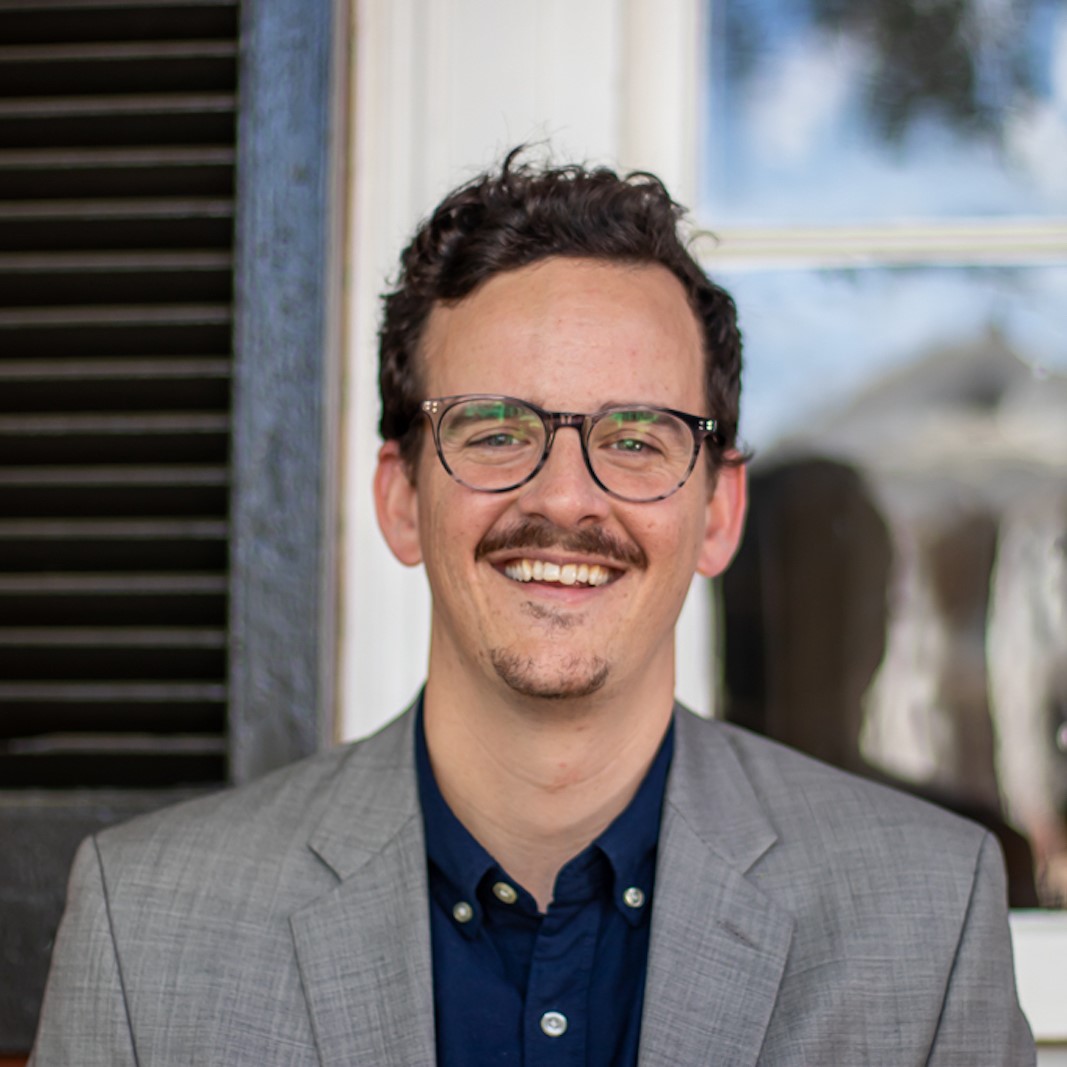
Kevin Rose
Assistant Professor of Religious Studies
I am a historian of American religion whose work focuses on the way Americans think about the wellbeing of the planet and their connection to it, and more specifically, how this thinking has been shaped by the expansion of free market capitalism in the postcolonial world of the late twentieth century. In my research and teaching, I ask questions about how various models of environmental practice carry subtle but powerful assumptions about how human beings are connected to one another and the environment. When BP rolls out an marketing campaign to encourage people to use its “carbon footprint calculator,” for example, I want to think through the very particular vision of the human—and how the human relates to the planet—at play in the concept of a carbon footprint itself. Here, I suspect, people are learning to think of themselves as autonomous rational actors whose purchasing decisions have clear and measurable impacts on the planet, rather than as people whose relationship to the planet is unavoidably constrained by fossil fuel infrastructures put in place by industries and nation-states.This is just one among countless understandings of how humans relate to one another and to the planet, but unless we stop and think through the way it gets communicated in subtle fashion through concepts like “carbon footprints,” we might mistakenly conclude that it’s a universal reality. As an association dean, I gravitate toward the Engagements because of the way it lets each student encounter the various ways we produce knowledge in the liberal arts right off the bat. As a College of Arts and Sciences student, you’re being invited to think analytically and critically about what we know and how we know it. The Engagements is a perfect place to start. From my little corner in Religious Studies and American Studies, that means always talking through the categories and concepts people use to make sense of the world and it’s an absolute joy every year to welcome new students into that conversation.
